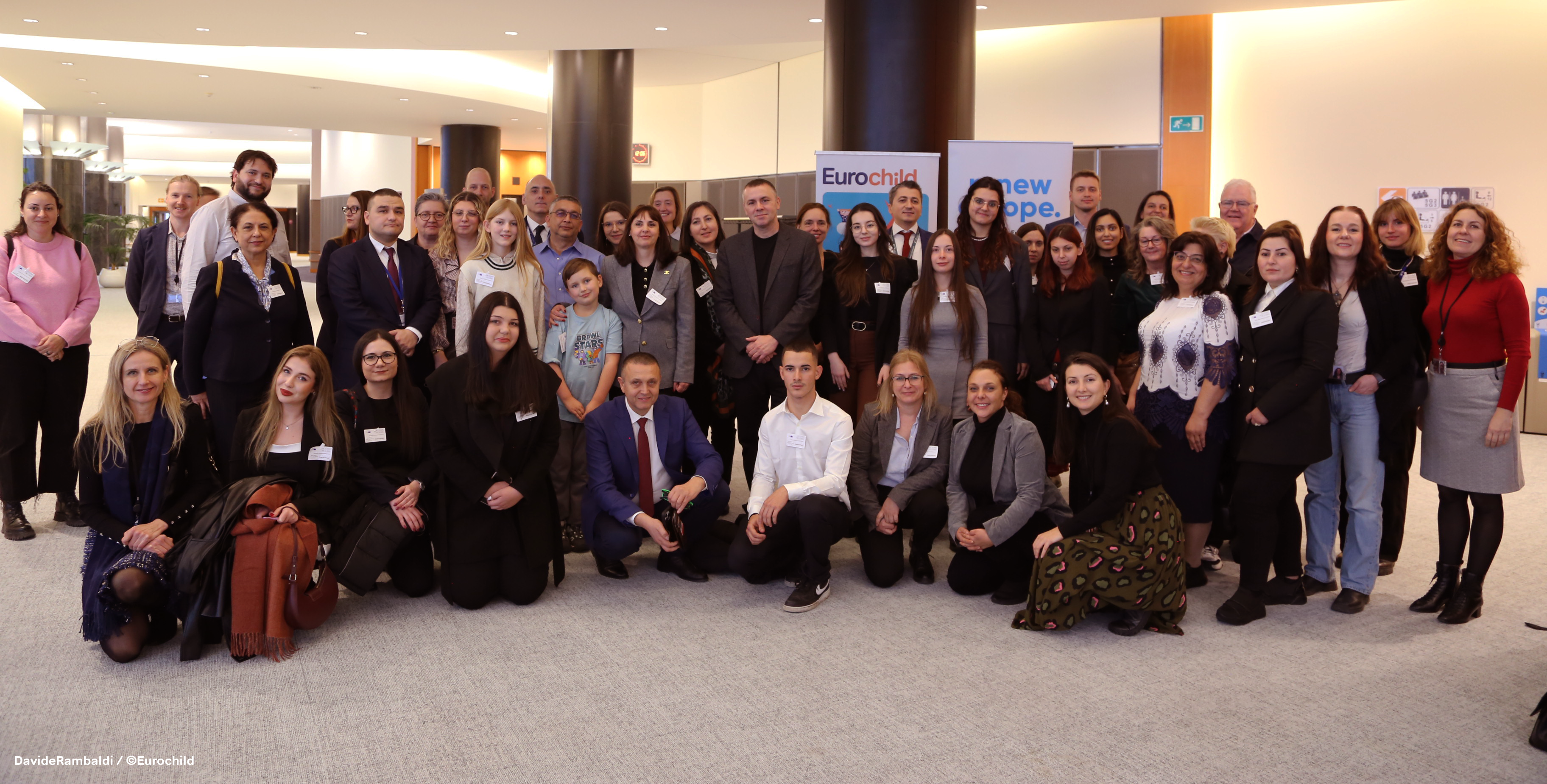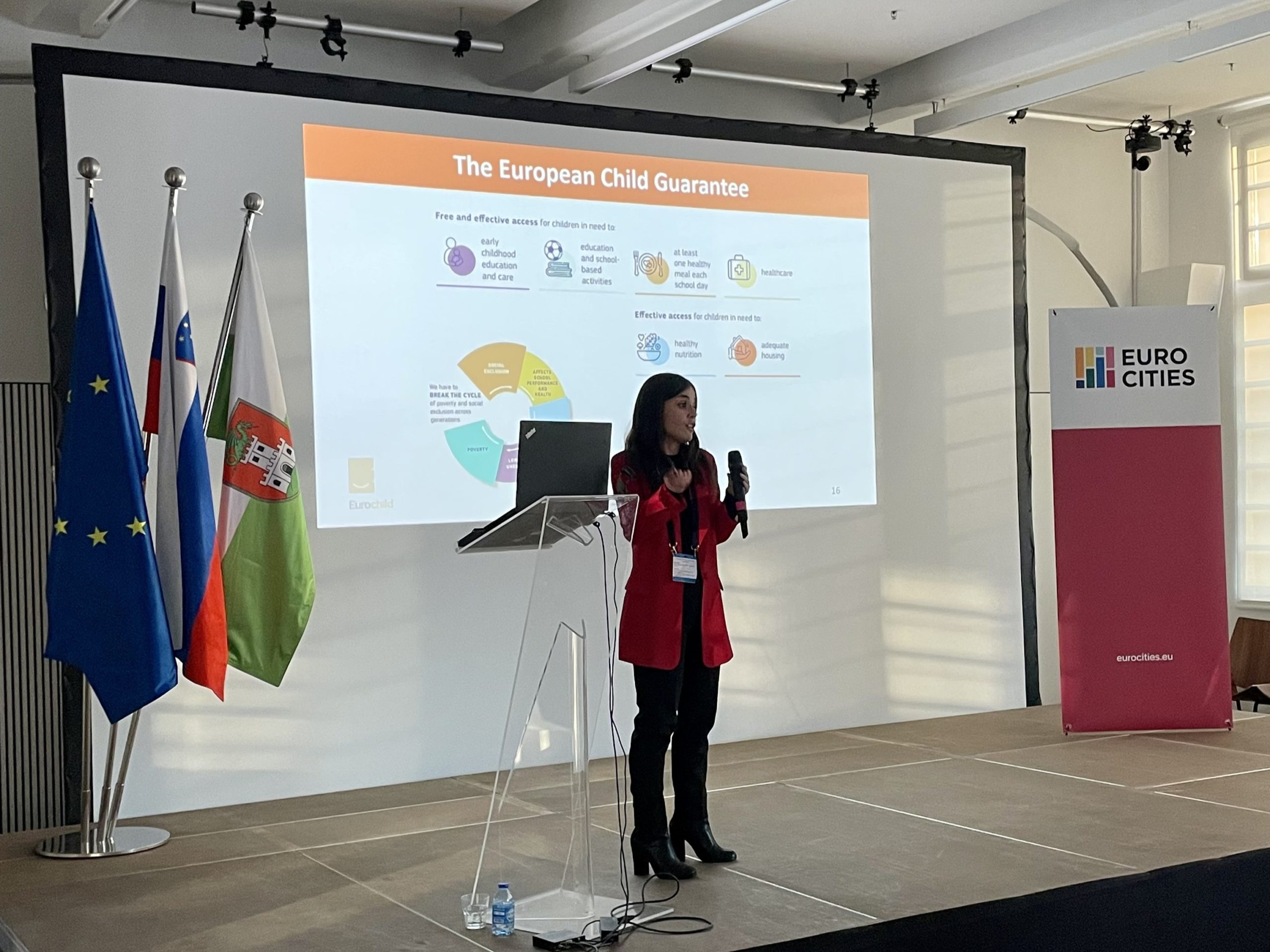Ensuring the European Child Guarantee helps end child poverty
- LAUNCH OF EUROCHILD CHILD GUARANTEE TASKFORCE COUNTRY REPORTS
Brussels, 27 January 2022- Eurochild releases 6 country reports which include recommendations for the design and implementation of the Child Guarantee National Action Plans in Bulgaria; Germany; Greece; Ireland; Italy; and Spain.
The European Child Guarantee is an initiative that guarantees children in need access to key services to prevent and combat poverty and social exclusion. It focuses on access to free healthcare, early childhood education and care, education, at least one healthy meal each school day and healthcare, in addition to ensuring effective access to healthy nutrition and adequate housing.
EU Member States are expected to submit their National Action Plans in mid-March 2022 outlining how they will implement this Council Recommendation up to 2030. Eurochild created a Child Guarantee Taskforce in 2021 to influence this process.
“Every country is different. This is why we asked Eurochild members to consider what needs to be included in their National Action Plan to have the optimal impact in their country. If we want to seize this unprecedented opportunity to fight poverty and social exclusion across Europe, Member States need to reach out to our members and take into account their knowledge and experience to draft, implement, monitor and evaluate the National Action Plans” - H.E. Marie-Louise Coleiro Preca, Eurochild President.
Key Recommendations for Child Guarantee National Action Plans:
- National Coordinators must have the necessary resources to accomplish their role and must involve children and relevant stakeholders
- EU Member States need to give priority to the children most in need and identify gaps in key services
- Collaboration across Ministries is key to effective design and implementation
- National frameworks are essential for data collection, and monitoring and evaluation must involve stakeholders
- Targets must be included and should be quantitative (numbers of targeted children in need) and qualitative (indicators on the quality of key services provided)
- Budgets should be transparent and stipulate: the policy measure; location; timeline; and the number of children who will benefit from it
- Children, civil society and regional, local and other relevant authorities should participate in all phases.
Read the country reports (compiled version)
___________
This report is based on assessments provided by 6 Eurochild Taskforce members: National Network of Children (NNC Bulgaria); The German Children’s Fund (Germany); The Smile of the Child (Greece); Children’s Rights Alliance (Ireland); Fondazione L’Albero della Vita (Italy); Plataforma de Organizaciones de Infancia (Spain).
For more information, contact: Dr Ally Dunhill, Eurochild Head of Advocacy, ally.dunhill@Eurochild.org





